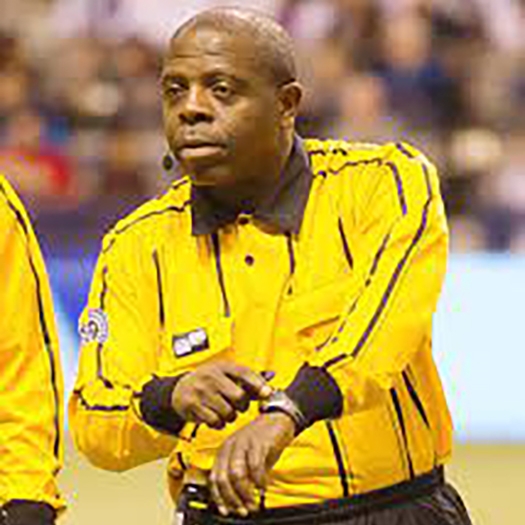In 10 years since the resuscitation of Major League Soccer (MLS) no known Nigerian player has been featured in the league. Yet, Abbey Okulaja, Gazelle Football Club President, emerged as the best ...
You are not authorized to read this page without a username and password. It is time to register and subscribe to have unlimited access to everything The Chicago Inquirer has to offer. You can do a monthly, quarterly, six months or yearly subscription.
SUBSCRIBE NOW!!!
and enjoys unlimited access to news, analysis, archives, sports, culture, interviews, and many more.
Not a member? Subscribe or login below:



